We may earn money or products from the companies mentioned in this post. This means if you click on the link and purchase the item, I will receive a small commission at no extra cost to you … you’re just helping re-supply our family’s travel fund.
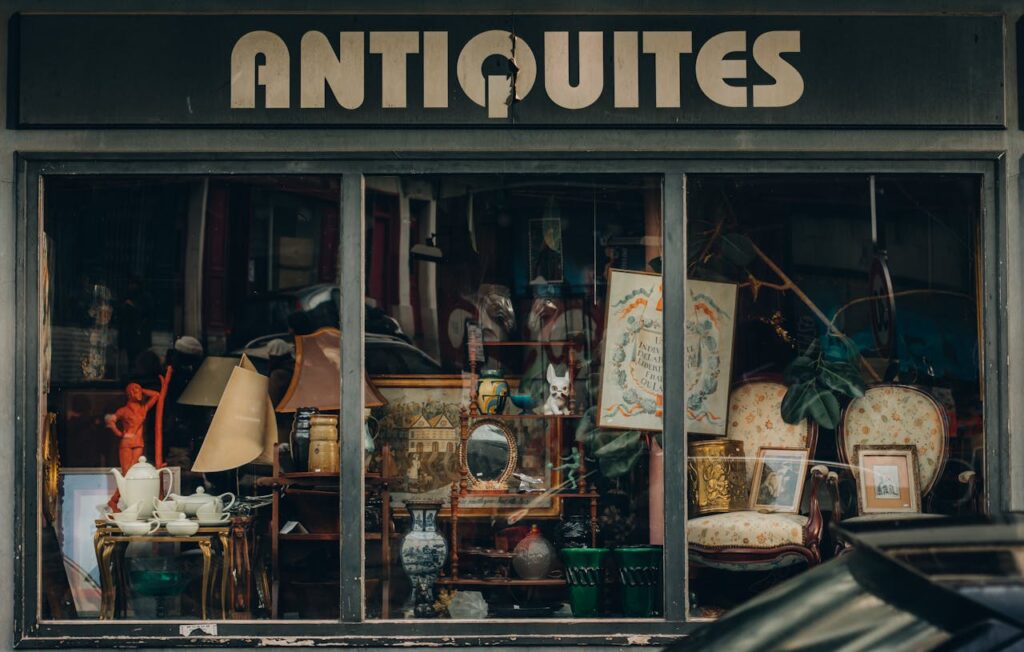
The perfect souvenir is more than just an object; it’s a tangible piece of your journey, a story you can hold in your hands. As you explore the world’s vibrant markets and charming boutiques, it’s easy to get swept up in the moment, eager to bring a taste of your travels home. But before you pack that special find, it’s crucial to know that not all treasures are meant to fly. For reasons of safety, conservation, and agricultural protection, some items are strictly forbidden. Knowing the rules ensures your journey ends as smoothly as it began.
1. Spare Lithium-Ion Batteries
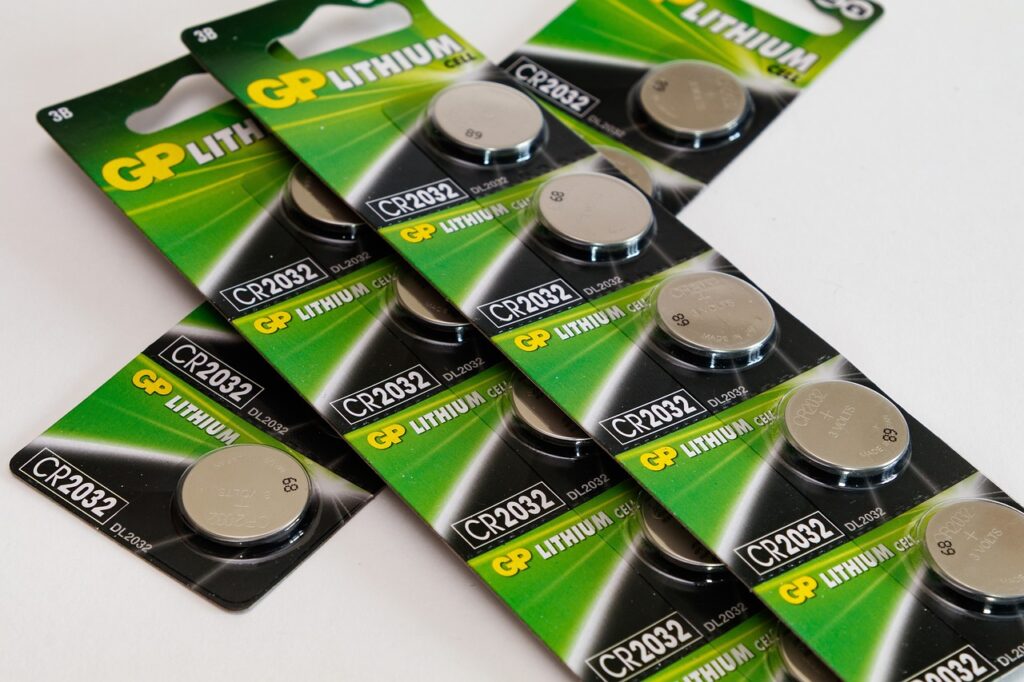
That backup battery for your camera or the power bank for your phone must travel with you in your carry-on luggage, never in your checked bag. When packed in the unpressurized cargo hold, these powerful batteries pose a significant and hard-to-reach fire risk. A phenomenon called thermal runaway can cause them to ignite explosively. By keeping all uninstalled lithium-ion batteries with you in the cabin, any potential fire can be dealt with immediately by the flight crew.
2. E-Cigarettes and Vaping Devices
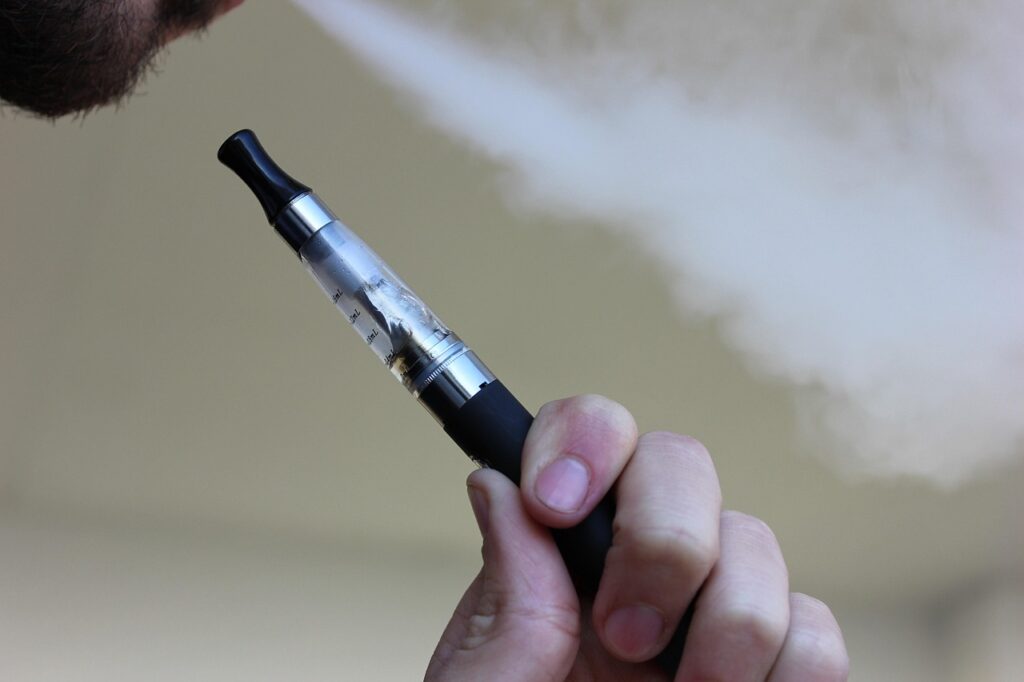
Much like spare batteries, all electronic smoking devices must be kept with you in your carry-on bag. The heating elements and powerful lithium-ion batteries in these devices present a potential fire hazard that is simply too risky for the cargo hold. You are not allowed to use or charge them during the flight, but you must keep them on your person or in your carry-on, where any potential malfunction can be quickly addressed by the cabin crew.
3. High-Proof Alcohol

A bottle of local spirits is a classic souvenir, but you must be mindful of its alcoholic strength. The Federal Aviation Administration prohibits any beverage with more than 70% alcohol by volume (140 proof) in either checked or carry-on luggage. These highly flammable liquids are considered a hazardous material and are a fire risk. Standard wines and most liquors are generally fine, but that bottle of potent, overproof rum or grain alcohol will have to stay behind.
4. Most Fresh Fruits, Vegetables, and Meats

That incredibly sweet mango from a market in Mexico or a savory sausage from a butcher in Italy might seem like a delicious memory to bring home. However, most fresh fruits, vegetables, and meats are prohibited from being brought into the U.S. This is to prevent the accidental introduction of invasive pests and foreign animal diseases that could devastate the nation’s agriculture. It is a crucial protective measure, so it is best to savor these local flavors while you are there.
5. Bear Spray and Most Pepper Sprays

If your adventure involved hiking in bear country, you cannot pack your bear spray for the flight home. These powerful aerosol deterrents are considered hazardous materials because they are designed to incapacitate and can easily discharge or explode due to pressure changes in the cargo hold. A leak could disable the crew and passengers. Similarly, most personal-defense pepper sprays are also banned from checked luggage for the same safety reasons.
6. Lighter Fluid and Other Flammable Liquids
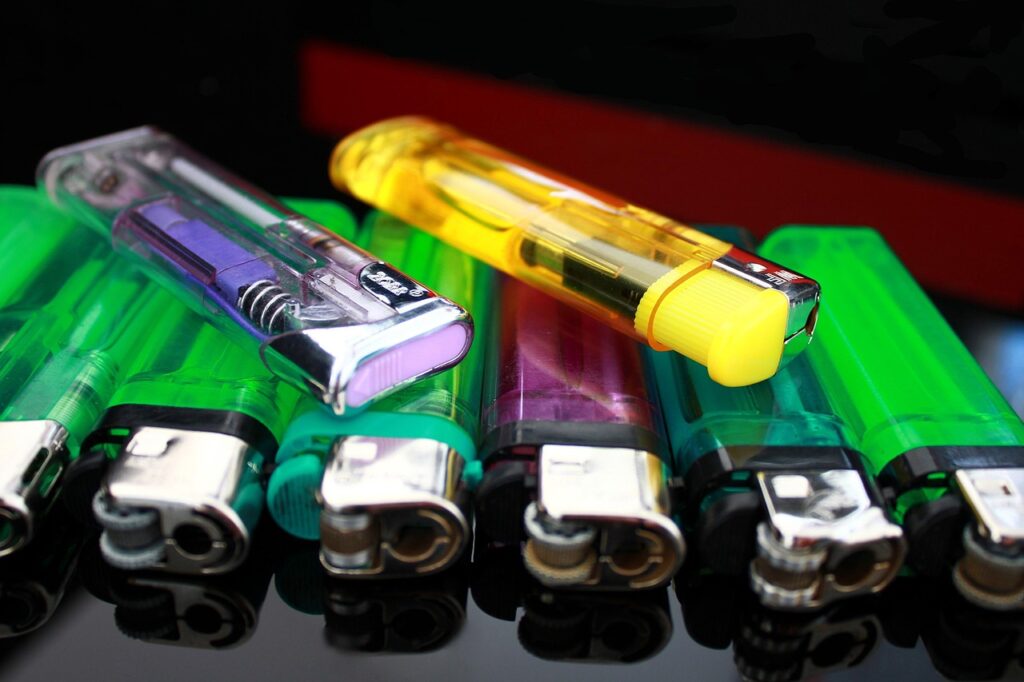
This may seem obvious, but it is a critical safety rule that bears repeating. Flammable items like lighter fluid, gasoline, cooking fuel, paint thinner, and aerosol cans without caps are strictly forbidden in your checked luggage. These substances are highly volatile and pose an extreme fire risk in the cargo hold of an aircraft. If you need these items for a camping trip, plan on purchasing them at your destination and leaving any unused portion safely behind.
7. Fireworks and Explosives

Fireworks, sparklers, and firecrackers are all forms of explosives and are absolutely banned from both checked and carry-on luggage. There are no exceptions to this rule. These items are incredibly unstable and can be set off by heat, friction, or a sharp impact, which could have catastrophic consequences on an airplane. The risk is simply too great, so leave all celebratory pyrotechnics behind. This also includes things like signal flares and gunpowder.
8. Strike-Anywhere Matches

While you can pack a single book of safety matches in your carry-on, strike-anywhere matches are a different story and are completely banned from all baggage. These matches can ignite from simple friction against another surface, making them far too dangerous to be transported in the cargo hold of a plane where they could be jostled in transit. The risk of them rubbing together and starting a fire is too high. It’s a small but important distinction.
9. Authentic Absinthe

That bottle of traditional, wormwood-infused absinthe from a historic distillery in Europe might be a tempting souvenir, but it may not be legal to bring into the U.S. While modern, thujone-free versions are sold legally stateside, authentic absinthe containing high levels of this chemical compound is banned by the Food and Drug Administration. U.S. Customs and Border Protection will seize it upon entry, so be sure you know exactly what you are buying.
10. Items Made from Ivory or Sea Turtle Shells

Souvenirs made from protected wildlife, such as ivory trinkets, tortoiseshell jewelry, or items crafted from sea turtle shells, are illegal to import into the United States. These laws are part of international CITES treaties designed to combat poaching and protect endangered species from extinction. Buying these items fuels an illicit and cruel trade that harms vulnerable animal populations. Always be a conscious consumer and choose souvenirs that do not come at such a high cost.
11. Most Kinds of Coral and Seashells

Taking a piece of coral or a beautiful conch shell from a beach might seem like a harmless way to remember your trip, but it is often illegal and highly damaging to the local environment. Coral reefs are fragile, living ecosystems, and many countries have strict laws against their removal to protect them. Even if it is legal to take where you are, U.S. Customs may still confiscate them. Take only photos, and leave the natural treasures of the ocean where they belong.
12. Large Quantities of Cuban Cigars
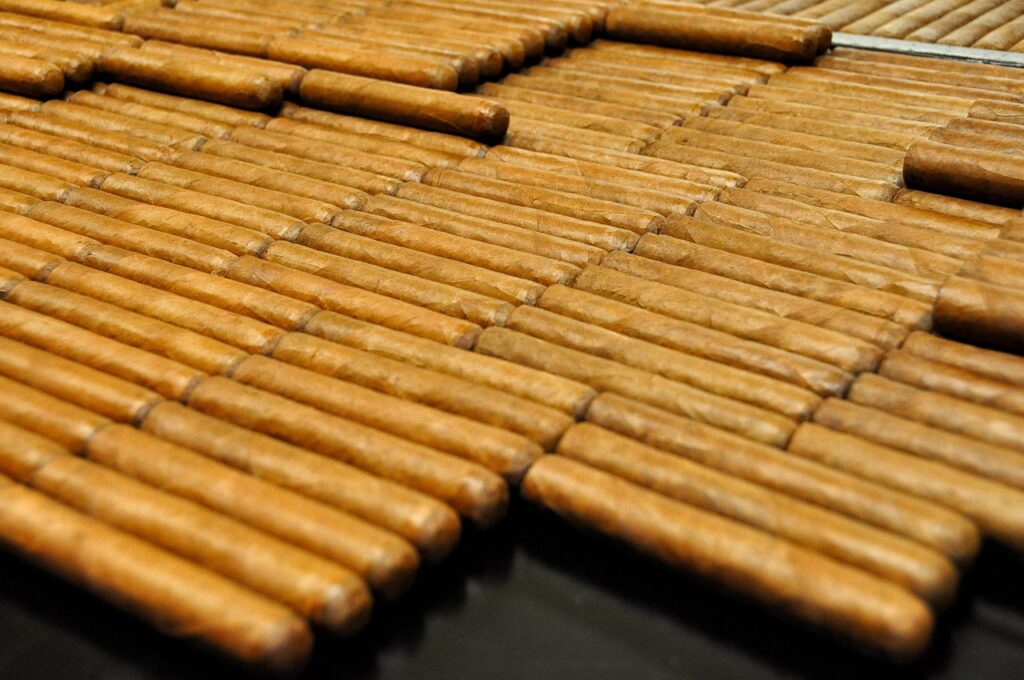
The rules on Cuban goods have fluctuated over the years, but as of now, you can no longer bring Cuban cigars or rum into the U.S. for personal use from Cuba or any other country. This is due to U.S. Treasury Department sanctions against the Cuban government. Attempting to bring them home will result in their seizure by Customs and Border Protection. Always check the very latest regulations before you travel, as these rules are subject to change.
13. Certain Cultural Artifacts and Antiquities

That ancient-looking pottery shard from a historical site in Greece or a small statue from a temple in Cambodia may be a priceless piece of that country’s national heritage. Most nations have strict laws that prohibit the export of authentic antiquities without an official permit. Attempting to remove them is not only illegal but also an act of cultural theft. If you want to buy an antique, ensure it comes with an official government export permit to prove it was acquired legally.
Other Blog Posts You Might Enjoy
www.idyllicpursuit.com (Article Sourced Website)
#Legally #Haul #Home #Checked #Luggage #Idyllic #Pursuit
